News

Feb 14, 2023
New grant will help empower small farms with sustainable practices
The Global Teach Ag Network at Penn State is partnering with the University of Tennessee at Martin on a new project to help empower small-farm owners with sustainable agriculture practices.
Full Article
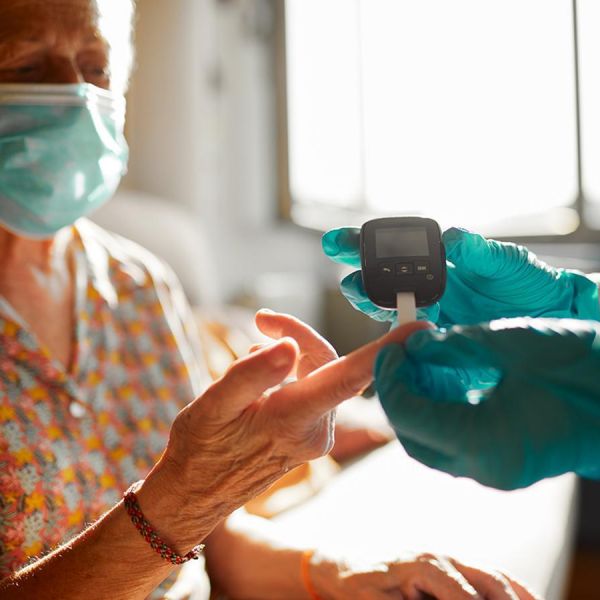
Feb 13, 2023
COVID-19 survivors may have higher risk of developing diabetes
COVID-19 survivors have a 66% higher risk of developing type 1 or type 2 diabetes following their diagnosis compared to those not diagnosed with COVID-19, according to a study by Penn State College of Medicine researchers.
Full Article

Feb 10, 2023
Q&A: Is chocolate healthy?
UAs Valentine’s Day approaches, the mind naturally turns to love – and chocolate. To learn more about chocolate and its effects on us, we spoke with Joshua Lambert, professor of food science at Penn State.
Full Article
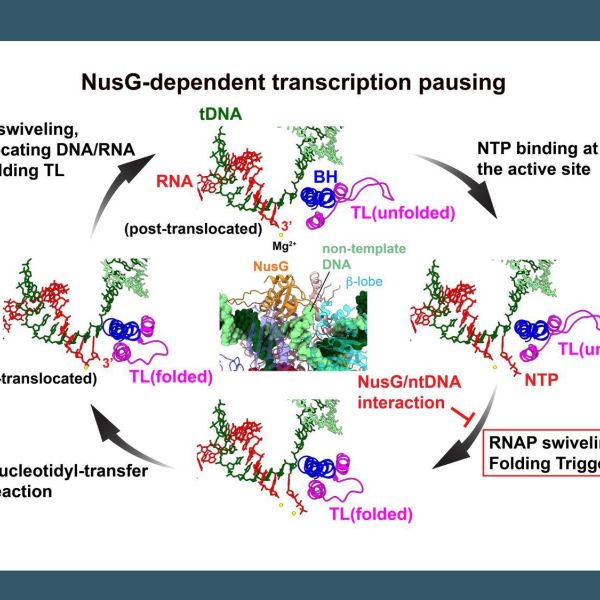
Feb 09, 2023
DNA stuck in the gears of the RNA production machine
Precise control of gene expression — ensuring that cells make the correct components in the right amount and at the right time — is vital for all organisms to function properly. Cells must regulate how genes encoded in the sequence of DNA are made into RNA molecules that can carry out cellular functions on their own or be further processed into proteins.
Full Article

Feb 08, 2023
Information Sciences and Technology faculty, staff recognized with annual awards
Faculty and staff in the Penn State College of Information Sciences and Technology were recognized at the college’s annual awards event this week. Recipients were nominated by their IST colleagues and selected by a review committee for their excellence in teaching, research and service.
Full Article

Feb 08, 2023
150 minutes of aerobic exercise per week reduces liver fat, study finds
The 150 minutes of moderate to intense aerobic activity per week that is recommended by the U.S. Department of Health and Human Services can significantly reduce liver fat, according to new research by Penn State College of Medicine researchers.
Full Article
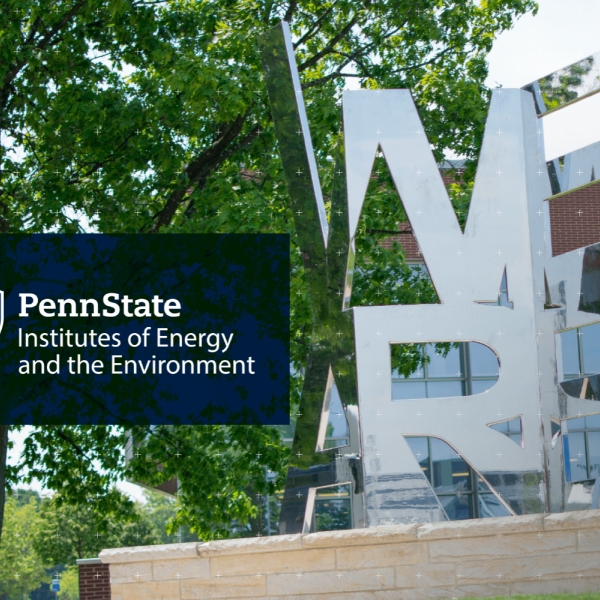
Feb 08, 2023
Six faculty members join the Institutes of Energy and the Environment
Six new Penn State faculty members have joined the Institutes of Energy and the Environment (IEE).
Full Article
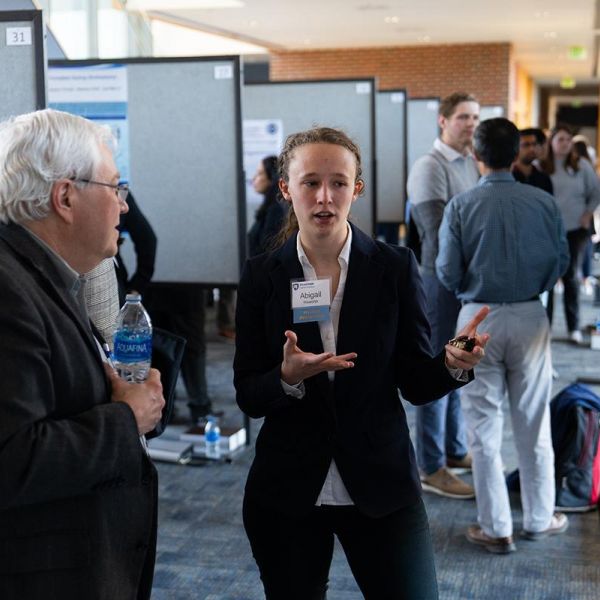
Feb 06, 2023
2022 Penn State Cancer Research Day: An event for trainees, by trainees
On Oct. 15, the Penn State Cancer Institute’s (PSCI) Cancer Research Day enjoyed its greatest attendance in the event’s five-year history, with 117 attendees including faculty, staff and primarily trainees consisting of undergraduate, graduate and medical students and postdoctoral scholars.
Full Article
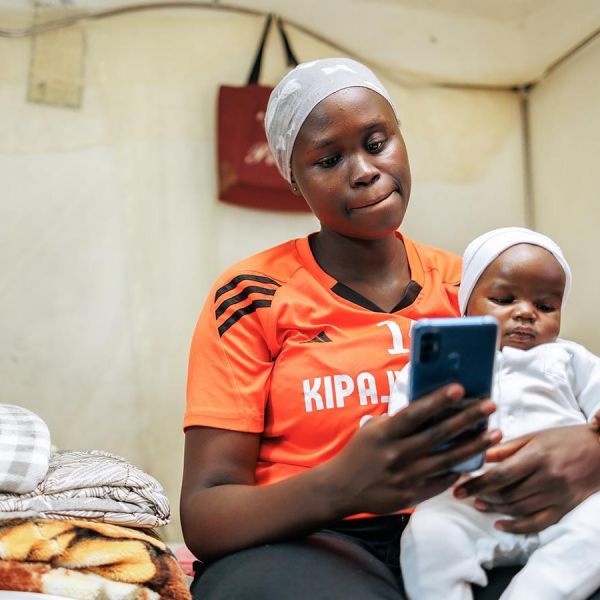
Feb 06, 2023
New AI tool helps provide better care to pregnant women in Kenya
Kenya has one of the world’s highest maternal mortality rates, and more than one-third of the country’s maternal and neonatal deaths are due to delays in mothers seeking care.
Full Article
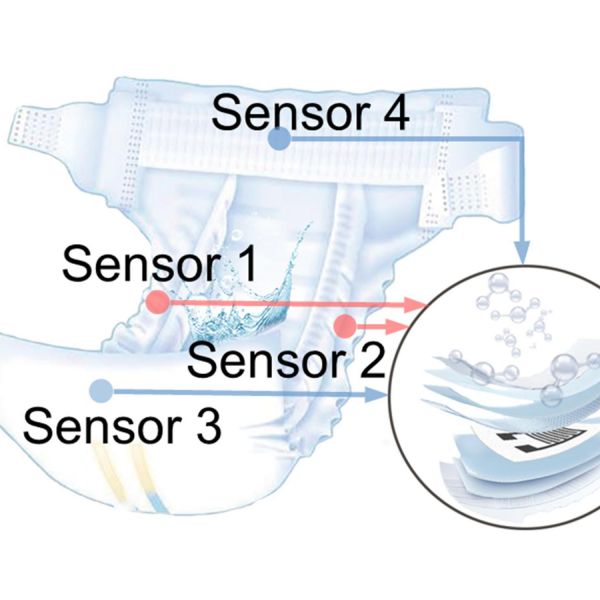
Feb 02, 2023
New sensor enables 'smart diapers,' range of other health monitors
Waaahhh! While babies have a natural mechanism for alerting their parents that they need a diaper change, a new sensor developed by researchers at Penn State could help workers in daycares, hospitals and other settings provide more immediate care to their charges.
Full Article